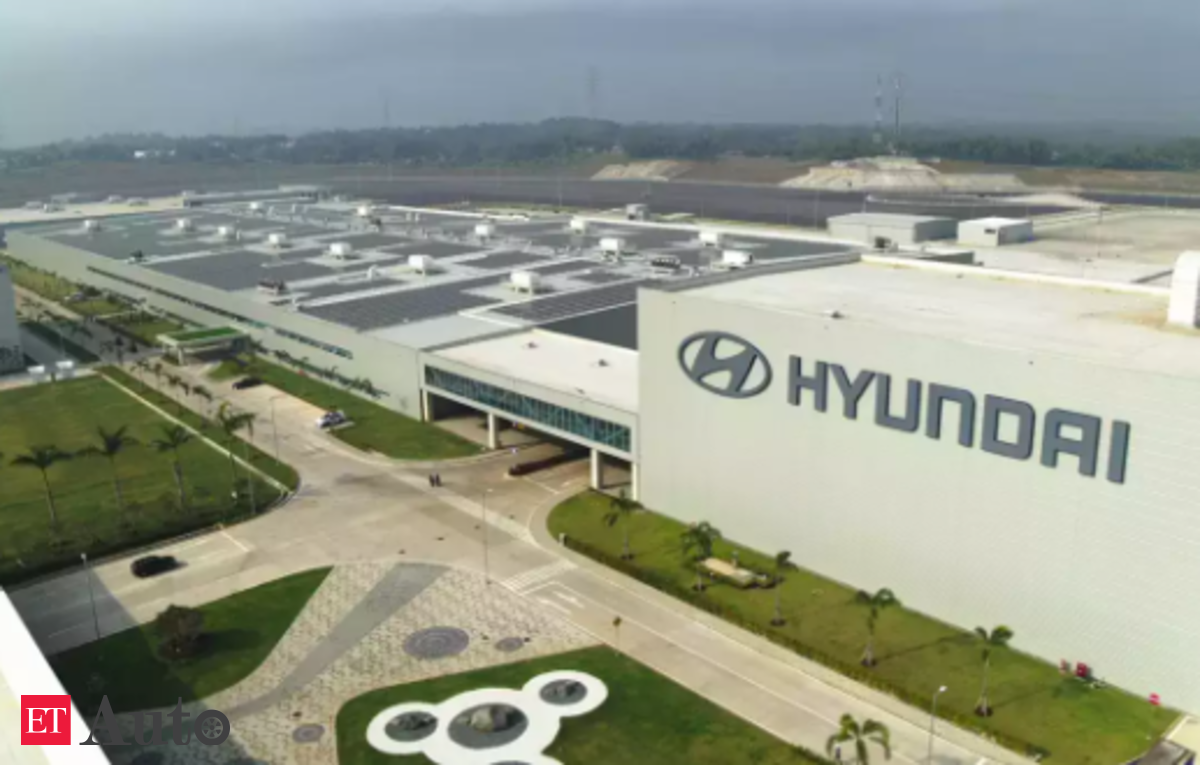Driving Towards a Sustainable Future: Hydrogen, EVs, and Autonomous Technology Innovations
Key Ideas
- Hyundai Motor is set to open its first hydrogen fuel cell systems plant in South Korea by 2028, aligning with sustainability goals.
- India is exploring hydrogen fuel cell technology with EKA Mobility, KPIT, and BPCL partnering to launch a hydrogen fuel cell bus at Cochin Airport.
- Chinese automakers like BYD are introducing fast-charging EV systems, revolutionizing the charging experience for electric vehicles.
- Tesla leads in autonomous driving with collaborations with Baidu, approvals for a robotaxi service in California, and advancements in ADAS technology.
The automotive industry is undergoing a significant transformation towards sustainability and technological advancements. Hyundai Motor is making strides in sustainability by planning to inaugurate its first hydrogen fuel cell systems plant in South Korea, aimed at reducing emissions and embracing cleaner energy solutions. In India, EKA Mobility, KPIT, and BPCL are spearheading the deployment of a hydrogen fuel cell bus at Cochin Airport as part of the country's strategy to experiment with new fuel technologies.
The push for electric vehicle adoption is further fueled by innovations in EV charging infrastructure. Chinese company BYD has launched a megawatt charging system that promises to charge electric vehicles as quickly as refueling traditional cars, with plans for a nationwide network, changing the game in fast-charging technology.
In the realm of autonomous driving, Tesla stands out with its advanced Autopilot and Full Self-Driving (FSD) systems. Collaborating with Baidu, Tesla aims to enhance its Advanced Driver Assistance System (ADAS) in China, showcasing its commitment to technological progress. Tesla has also secured approvals in California to introduce a robotaxi service, a significant milestone in the autonomous driving sector.
Moreover, the industry is witnessing groundbreaking developments such as the UK's successful completion of the evolvAD autonomous driving research project and Renault's testing of a driverless mini-bus in Barcelona, hinting at a future where autonomous vehicles could become a norm. Companies like Zeekr Group in China are also making waves by introducing an SUV with level 3-ready autonomous driving capabilities, further intensifying the competition in smart driving technology.
To support the growing demand for data-heavy AI systems in vehicles, SanDisk has launched the iNAND AT EU752 UFS4.1 Embedded Flash Drive, catering to the needs of advanced driver assistance systems and autonomous driving technologies. These collective efforts signify a positive trajectory towards a greener, more efficient, and safer future in the automotive industry.
Topics
Fuel Cells
Innovation
Sustainability
Technology Advancements
Autonomous Technology
EV Charging Infrastructure
Global Automotive Trends
Latest News
